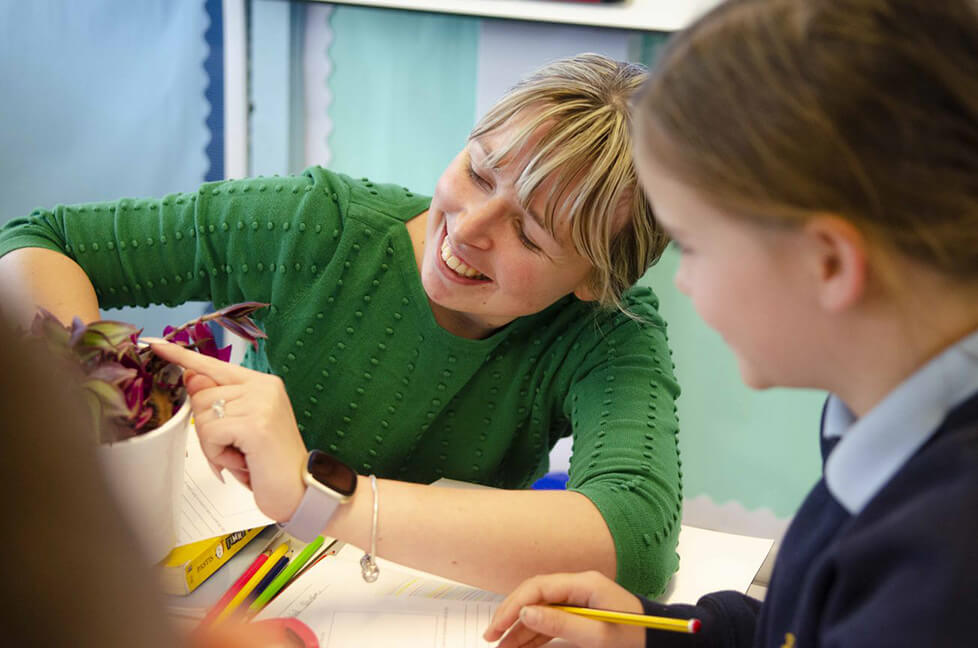Two-thirds of teachers report physical assaults between school children
A new report by the Youth Endowment Fund (YEF) shows that violence is unfortunately common in schools, with two-thirds of teachers in England reporting that a physical assault occurred between children in the last term. A further 43% reported physical assaults against teachers and staff, whilst 15% reported a child had brought a weapon into school, and 12% reported a sexual assault has occurred against a child.
However, the YEF also identified educational settings as uniquely positioned to help keep children safe from violence through mentoring, sports, social and emotional skills development, and other activities. Indeed, last year, 61% of children said they believed their teachers kept them safe, compared to 50% who thought the police did.
The report outlines five recommendations on how schools can reduce children’s involvement in violence. These include keeping children in education through attendance-improvement strategies and behaviour support to reduce the need for exclusion. Schools are also encouraged to foster meaningful relationships between children and trusted adults, either through mentoring or sports programmes. Additionally, schools are called to develop pupils’ socio-emotional skills, whilst delivering therapy to those who need additional support and implementing violence reduction sessions for secondary-age children. It is also recommended for schools to meet with multi-agency partners to identify risks for violence within the local context and coordinate a targeted response.
Finally, schools are warned to consider ‘unproven strategies’ with caution, for example knife education programmes and police in corridors and classrooms. Instead, education leaders are encouraged to spend limited resources on strategies with a stronger evidence base. Moreover, the YEF suggests that schools avoid approaches that have been proven to cause harm, such as prison awareness programmes.
★ Our Education Welfare & Safeguarding team can work with schools to develop a positive and proactive safeguarding culture. With policy and practice development, professional casework supervision, and expert support, we can help you to diminish barriers to attendance and create a safe learning environment in which every child can thrive. Get in touch to find out more.
Government says schools should teach sex education no earlier than Year 5
Last year, the Prime Minister brought forward the first review of the relationships, sex and health education (RSHE) curriculum, following reports of pupils being taught inappropriate content in some schools. The guidance has now been updated and published for consultation. One of the major changes sets age limits on certain topics to ensure that children are not introduced to concepts that ‘they may not have the maturity to grasp, or which may be distressing.’
Under the new guidance, children should not be taught about particular online harms before Year 3, such as risks relating to online gaming, scams, and fraud, as well as the reasons why social media and computer games are age restricted. Before Year 4, children should not learn about puberty, the menstrual cycle, and developing bodies. Sex education should be taught no earlier than Year 5.
Concepts and laws regarding harmful sexual behaviours, sexual exploitation and abuse are not to be taught before Year 7. This encompasses a wide range of topics, including revenge porn, upskirting, grooming, stalking and forced marriage. Explicit discussion of sexual violence, including rape and sexual assault, are not to be taught before Year 9. Furthermore, the guidance states that secondary school pupils should not be taught about the concept of gender identity because this may cause ‘pupils who do not comply with sex stereotypes to question their gender when they might not have done so otherwise.’ However, pupils should be taught the law on gender reassignment and other protected characteristics. Schools have until 11 July to respond to the consultation.
New tool allows schools to identify trends in attendance
The Department for Education (DfE) has launched a new in-depth attendance data tool, which allows schools to identify absence trends across different year groups and pupil characteristics. The DfE states this will help school leaders to be ‘laser focused in their response’ so they can make strategic decisions to address areas of concern and drive improvement.
Following the launch of the new tool, Baroness Barran, the school system minister, has urged schools to focus on the 35% of children who miss between five and 15% of lessons annually. Previously, absence reporting has focused on persistent absentees and severe, which tend to be linked to out-of-school factors. However, the DfE says that cases of pupils missing ‘odd days’ are usually linked to in-school barriers. For example, data shows that there are regularly 50,000 more pupil absences on Fridays compared with Mondays. Baroness Barran therefore recommends that schools ensure their Friday curricular and extracurricular offer is especially ‘strong.’
Baroness Barran also highlights the importance of supporting children through transition, not only between Years 6 and 7, but through to Year 8, where the proportion of pupils attending school every day is 7.4% lower than in Year 7. Importantly, the DfE encourages schools to continue working with multi-agency partners to support pupils with severe absence. Pepe Di’lasio, general secretary of the Association of School and College Leaders (ASCL), says schools have worked hard to improve attendance but warns ‘it is extremely difficult to tackle this problem without more government focus on improving the network of support’ including social care and mental health services.
One Education is passionate about laying the foundations for every child to flourish in school and in later life. Highly skilled and experienced, our Education Welfare & Safeguarding professionals can help you promote the welfare of pupils and keep them protected from harm.
Contact our team to get started.
Please complete the form below and we will get in contact as soon as we can to help you with your query.












